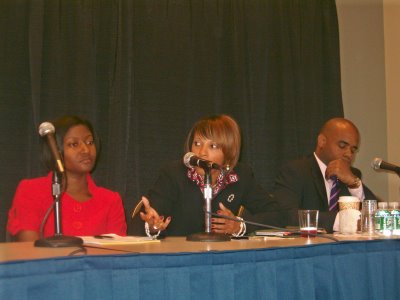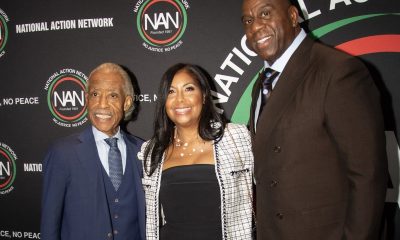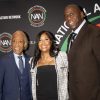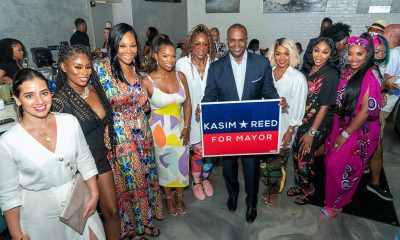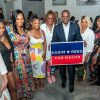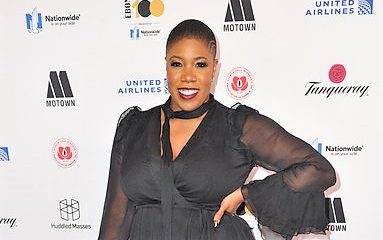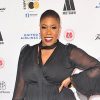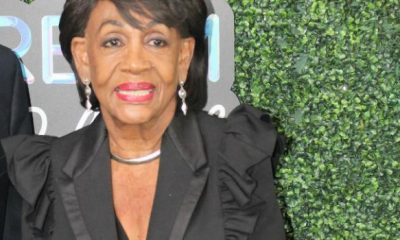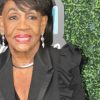Political Science
Building Young Leaders
WASHINGTON – The economic, political and social well-being of African Americans were key themes of the 39th annual Congressional Black Caucus Legislative Conference, one of premiers forums for debating the top issues and concerns of minority communities.
Of the dozens of workshops, seminars and information forums held, many focused on today’s youth and the issues consuming their lives. Such issues include the dramatic high school drop-out rates among African Americans, rising student loan debt among minorities, the plight of black males, racial profiling and other civil rights issues.
The conference’s Emerging Leaders Series has served as an outlet for connecting younger and older generations. The fifth installment of the series, which targets 18 to 40-year-old campus, corporate and community leaders, included sessions that helped young leaders map out strategies for tackling community and personal development challenges.
Organizers say the sessions are designed to be a forum for young leaders to share ideas with older generations, with the hopes that both generations would disseminate the information on college campuses and in underserved communities in America.
“The Emerging Leaders Series was started so that young people who were emerging in their careers will have the access to resources and prominent people,” says Dr. Ivory Toldson, an Associate Professor of Counseling Psychology of Howard University and lead organizer of the CBC’s Emerging Leaders Series.
“We then want them to take this information back home to their communities and run with it.”
Such access to established professionals, who could offer guidance from past experiences and resources, has been a barrier for young leaders seeking to build campus and community programs, Toldson says.
“It’s very difficult to get access to people,” says Toldson, who at 36, is one of the youngest tenured professors at Howard. “A lot of kids don’t get a chance to see successful people. It always comes down to exposure. There needs to be other opportunities for these kids to be around.”
A roundtable panel featured during the Emerging Leaders Series brought young elected officials and policy professionals up close with a group of African Americans leaders in the Obama Administration for a discussion detailing how community leaders can access federal resources, monitor use of stimulus funds and establish dialogue with the White House and other federal officials.
In an example of the Emerging Leaders Series’ growth, one session sought to raise awareness among the youth about mental health issues, a traditionally taboo subject in African American community.
The series’ signature town hall meetings brought the conference’s young attendees together with older political leaders, corporate executives, entertainers and community activities to discuss the state of Black America. A portion of the panel discussion was dedicated to dispelling the notion of a brewing rivalry between the civil rights generation and the Obama generation.
Events that bring young and old generations together are an effective way of repairing any perceived disconnect between the groups, Toldson says.
“The only way to bring that gap is to create opportunities for young and older people to get together,” Toldson says. “If this series is just mostly young people, like the MTV awards, the young people are going to do their thing and older people won’t understand.”


